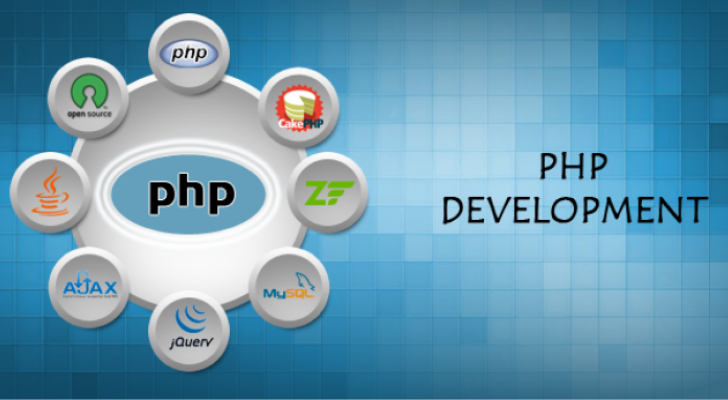PHP Open Source

PHP, a server-side scripting language, has played a pivotal role in the development of dynamic and interactive websites. One of the key strengths of PHP lies in its open-source nature, fostering a collaborative environment where developers globally contribute to its growth and evolution. Let's explore the significance of PHP being open source, its benefits, and the impact it has had on the world of web development.
Understanding Open Source:
In the realm of software development, "open source" refers to a type of software whose source code is freely available to the public. This allows anyone to view, modify, and distribute the code. Open source projects encourage collaboration, transparency, and community-driven development.
PHP and the Open Source Philosophy:
-
Community Collaboration:
- PHP's open-source nature has led to the formation of a vibrant and active global community of developers.
- This community collaborates on various aspects, including code contributions, bug fixes, documentation, and the evolution of the language.
-
Transparency and Accountability:
- Open source promotes transparency by allowing developers to scrutinize the source code.
- Users can verify the security, quality, and authenticity of the codebase, fostering a sense of accountability within the PHP ecosystem.
-
Continuous Improvement:
- The open-source model enables continuous improvement through iterative releases and updates.
- Developers worldwide contribute enhancements, new features, and optimizations, ensuring that PHP stays relevant and competitive.
-
Freedom and Flexibility:
- Users have the freedom to modify PHP to suit their specific needs.
- This flexibility is crucial for businesses and developers seeking tailored solutions without the constraints of proprietary software.
-
Wide Adoption and Accessibility:
- PHP's open-source nature has contributed to its widespread adoption across diverse industries.
- Being freely accessible, PHP has empowered developers of all skill levels to enter the world of web development.
-
Extensive Ecosystem:
- An open-source PHP ecosystem extends beyond the language itself.
- Frameworks, content management systems (CMS), and libraries built on PHP, such as Laravel, WordPress, and Symfony, benefit from collaborative development.
Benefits of PHP Being Open Source:
-
Cost-Effective Development:
- PHP being open source eliminates licensing costs, making it an economical choice for individuals, startups, and enterprises.
- This cost-effectiveness extends to the entire PHP ecosystem, including frameworks and tools.
-
Rapid Evolution:
- The collaborative efforts of the global PHP community lead to rapid evolution and adaptation to emerging trends.
- Users benefit from regular updates, security patches, and the integration of new features.
-
Community Support:
- An active community provides support through forums, documentation, and online resources.
- Developers can seek advice, share knowledge, and troubleshoot issues within the collaborative PHP community.
-
Interoperability:
- PHP's open-source nature promotes interoperability with various databases, web servers, and platforms.
- This interoperability enhances the language's versatility for building diverse web applications.
-
Innovation and Experimentation:
- Developers are encouraged to experiment and innovate, leading to the creation of new tools, libraries, and frameworks within the PHP ecosystem.
- This innovation contributes to the overall growth and adaptability of PHP.
PHP Open Source Projects and Initiatives:
-
PHP Core Development:
- The PHP language itself is developed collaboratively by a team of volunteers and contributors.
- Major updates and releases are a result of collective efforts to enhance performance, security, and features.
-
Frameworks:
- Frameworks like Laravel, Symfony, and CodeIgniter are open source, with contributions from a vast developer community.
- These frameworks provide structured environments for building web applications efficiently.
-
Content Management Systems (CMS):
- CMS platforms like WordPress and Joomla, built on PHP, are open source.
- They benefit from contributions, plugins, and themes created by developers worldwide.
-
Libraries and Packages:
- Numerous open-source libraries and packages, available through Composer, enhance PHP development.
- These include utility libraries, database connectors, and tools for specific functionalities.
-
Documentation and Learning Resources:
- PHP's official documentation and various learning resources are open source.
- Developers can contribute to improving documentation, ensuring accuracy and accessibility for learners.


